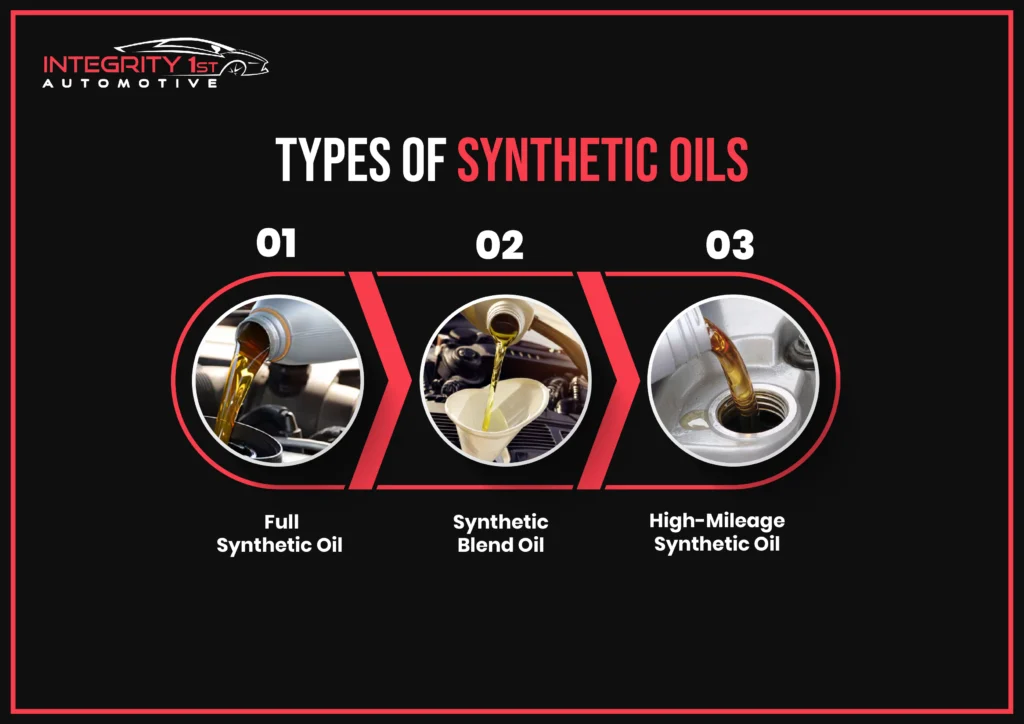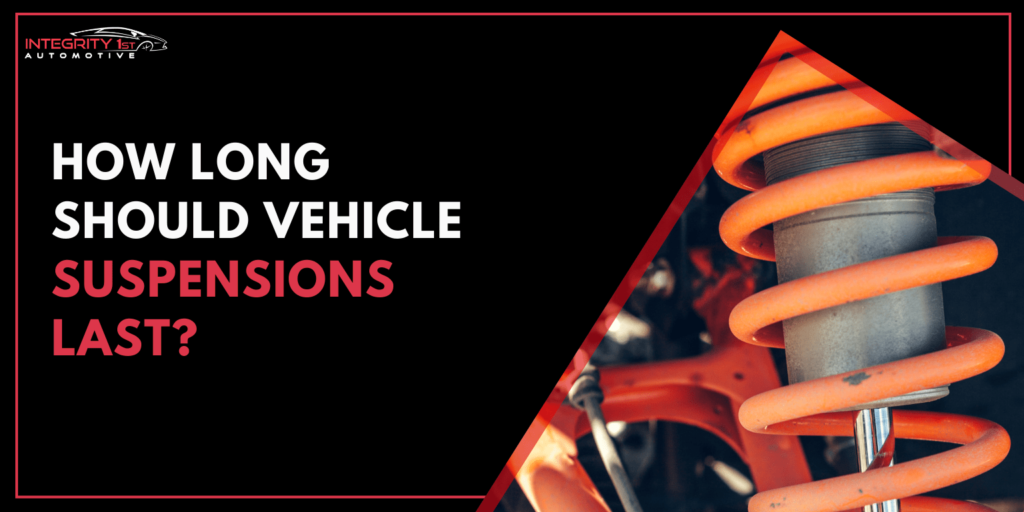Synthetic oil is designed to provide better performance, protection, and efficiency for your engine compared to conventional oil. But should you switch to synthetic oil? Is it really worth the change? In this blog, we will discuss the key benefits of using synthetic oil to help you decide if it’s the right choice for your vehicle.
Should I Switch to Synthetic Oil? Factors to Consider
Synthetic oil has become a popular choice for many car owners, but is it worth the extra cost? Before switching from conventional oil to synthetic oil, it is essential to consider several factors, including your driving habits, vehicle type, climate, and engine condition. Below, let’s discuss each factor in detail.

1. Driving Habits
Your driving habits play a significant role in whether synthetic oil is a good fit. If you frequently drive in stop-and-go traffic, make short trips, or often operate your vehicle in severe conditions, such as towing, synthetic oil can provide better protection. This is because synthetic oils are more resistant to breakdown and can perform better under high stress, high temperatures, and heavy loads.
2. Vehicle Type
Not all vehicles require synthetic oil. Modern cars, especially high-performance vehicles or luxury models, often come with manufacturer recommendations for synthetic oil due to their advanced engines that require better protection and efficiency. If you drive a newer vehicle or a high-performance car, it’s likely that synthetic oil will optimize engine performance and longevity. However, for older vehicles with high mileage, the decision to switch to synthetic oil is a bit more complex.
3. Climate and Temperature
The climate in which you live can significantly affect your decision to switch to synthetic oil. Synthetic oils have a wider operating temperature range than conventional oils, meaning they flow more easily in cold temperatures and maintain stability in high heat. This makes synthetic oil especially useful in regions with extreme weather conditions.
If you live in a cold climate, synthetic oil can prevent your engine from starting in freezing temperatures, as it flows more easily and doesn’t thicken as conventional oil does. In hot climates, synthetic oil performs better under high temperatures, offering enhanced protection and reducing the risk of engine breakdowns or oil degradation.
4. Engine Condition
The condition of your engine is another important factor in deciding whether to switch to synthetic oil. If your vehicle’s engine is relatively new or well-maintained, synthetic oil can help prolong its lifespan by providing superior lubrication, reducing wear and tear, and preventing sludge buildup. It’s particularly beneficial for keeping the engine running clean and efficient over time. However, if you have an older engine with high mileage, switching to synthetic oil may cause issues if the engine is already worn.
Key Benefits of Switching to Synthetic Motor Oil
Switching to synthetic motor oil can provide a range of advantages for your vehicle. The following are the key benefits:

1. Longer Oil Change Intervals
One of the most significant benefits of switching to synthetic oil is the extended intervals between oil changes. Due to its superior stability and resistance to breakdown, synthetic oil can last significantly longer than conventional oils.
2. Better Engine Protection
Synthetic oil offers better protection against engine wear. The oil’s molecular structure is more uniform than conventional oils, which reduces friction between engine components, preventing wear and tear. It also resists sludge buildup and the formation of harmful deposits that can clog engine parts. This means your engine will stay cleaner and run more smoothly for a longer period, reducing the chances of costly repairs.
3. Enhanced Fuel Efficiency
Synthetic oil’s lubricating properties help reduce internal engine friction, allowing the engine to run more efficiently. This reduced friction means the engine doesn’t have to work as hard, which can lead to improved fuel efficiency.
4. Improved Performance in Extreme Temperatures
Another major benefit of synthetic oil is its ability to perform well in both hot and cold temperatures. In cold weather, synthetic oil flows more easily, allowing for quicker engine starts and reduced wear during the initial warm-up period. In extremely hot conditions, synthetic oil resists breakdown and maintains its viscosity, ensuring smooth engine operation.
Common Myths About Synthetic Motor Oil
There are several misconceptions surrounding synthetic motor oil that can make vehicle owners hesitant to switch from conventional to synthetic oil. Let’s address and debunk some of the most common myths.

1. Switching to Synthetic Oil Causes Leaks
One of the most widely believed myths is that switching to synthetic oil will cause leaks in your engine. The misconception arises because synthetic oils have a thinner consistency than conventional oils. While it’s true that synthetic oil can leak through worn seals more easily than thicker conventional oils, the oil itself is not the cause.
2. You Can’t Switch Back to Conventional Oil
Another myth is that once you switch to synthetic oil, you’re locked into using it forever. This is not true. While it’s generally recommended to stick with synthetic oil once you’ve made the switch as it provides better protection for your vehicle, there is no rule preventing you from switching back to conventional oil if desired.
3. Break in Your Car With Conventional Oil First
Some people believe that you must break in your car using conventional oil before switching to synthetic oil. This myth likely originates from older vehicle models where conventional oils were recommended during the break-in period. However, modern engines are designed to work well with synthetic oils from the very start. In fact, many new vehicles come with synthetic oil already installed.
How to Switch from Conventional to Synthetic Oil?
Making the switch from conventional to synthetic oil is a straightforward process, but it’s important to do it properly. Follow this step-by-step guide to ensure a successful transition:
- The first step is deciding when to switch. While you can switch to synthetic oil at any time, it’s ideal to do it when your engine is due for an oil change.
- Next, select the right type of synthetic oil based on your vehicle’s make, model, and driving conditions.
- Before switching, it’s a good idea to thoroughly clean your engine, especially if you’ve been using conventional oil for a long time.
- Once you’ve selected the appropriate synthetic oil and prepped your engine, it’s time for the oil change.
If you’re unsure about doing the oil change yourself, Integrity 1st Automotive is here to help with the best oil change service. Our expert technicians will make sure your vehicle is properly transitioned to top-quality synthetic oil, providing your engine with the care it deserves.
Types of Synthetic Oils and Which One to Choose
When selecting synthetic oil, it’s important to understand the different types available, each designed for specific needs:

1. Full Synthetic Oil
This is the highest quality synthetic oil, offering superior performance and protection. It’s ideal for high-performance, newer, or luxury vehicles and those driven in extreme conditions. Full synthetic oil provides excellent high-temperature stability, reduced engine wear, and improved fuel efficiency.
2. Synthetic Blend Oil
A mix of conventional and synthetic oils, synthetic blend oil offers many of the benefits of full synthetic oil at a lower cost. It’s a great option for drivers who want enhanced protection and performance without the premium price. Synthetic blends are suitable for most vehicles with moderate driving conditions.
3. High-Mileage Synthetic Oil
Formulated for vehicles with over 75,000 miles, this oil helps prevent leaks, reduce oil consumption, and protect aging engines. It contains additives that help rejuvenate seals and gaskets.
Synthetic Oil vs. Synthetic Blend: Which is Right for You?
The main difference between synthetic oil and synthetic blend oil lies in their composition and performance. Full synthetic oil offers superior protection, better high-temperature stability, and improved fuel efficiency, making it ideal for high-performance vehicles or those driven in extreme conditions. However, it comes at a higher cost. On the other hand, synthetic blend oil combines conventional and synthetic oils, offering enhanced protection at a more affordable price. It’s a great choice for everyday vehicles with moderate driving needs. So, when you are making the choice between synthetic oil vs synthetic blend, consider your vehicle’s performance requirements, driving conditions, and budget.
Tips for Maintaining Synthetic Oil to Extend Engine Life
Using synthetic oil is a great way to boost your engine’s performance and extend its lifespan, but proper maintenance is key to maximizing its benefits. Here are some essential tips to help you maintain your engine when using synthetic oil:
- Keep synthetic oil in a cool, dry place, away from direct sunlight to maintain its effectiveness.
- Regularly check oil levels and top off when needed to ensure your engine runs smoothly.
- Stick to the recommended oil change schedule, typically 7,500 to 10,000 miles for synthetic oil, depending on the vehicle.
- Periodically check for oil leaks around the engine to prevent potential damage.
- Have your engine regularly checked by a professional to ensure it’s in good health.
FAQs
1. Can I switch back to conventional oil?
Yes, you can switch back to conventional oil, although it’s generally recommended to stick with synthetic oil for better and longer engine performance.
2. How often should I change synthetic oil?
Typically, synthetic oil should be changed every 7,500 miles, but always follow your vehicle’s manufacturer recommendations.
3. Is synthetic oil worth the extra cost?
Yes, synthetic oil offers better protection, improved engine performance, and longer intervals between oil changes, making it a worthwhile investment for many vehicles.
4. Will synthetic oil void my warranty?
No, using synthetic oil will not void your warranty, as long as you follow the manufacturer’s guidelines for oil type and change intervals.




